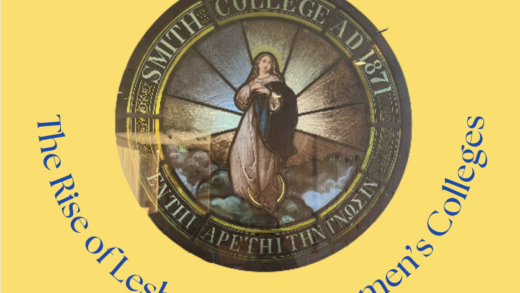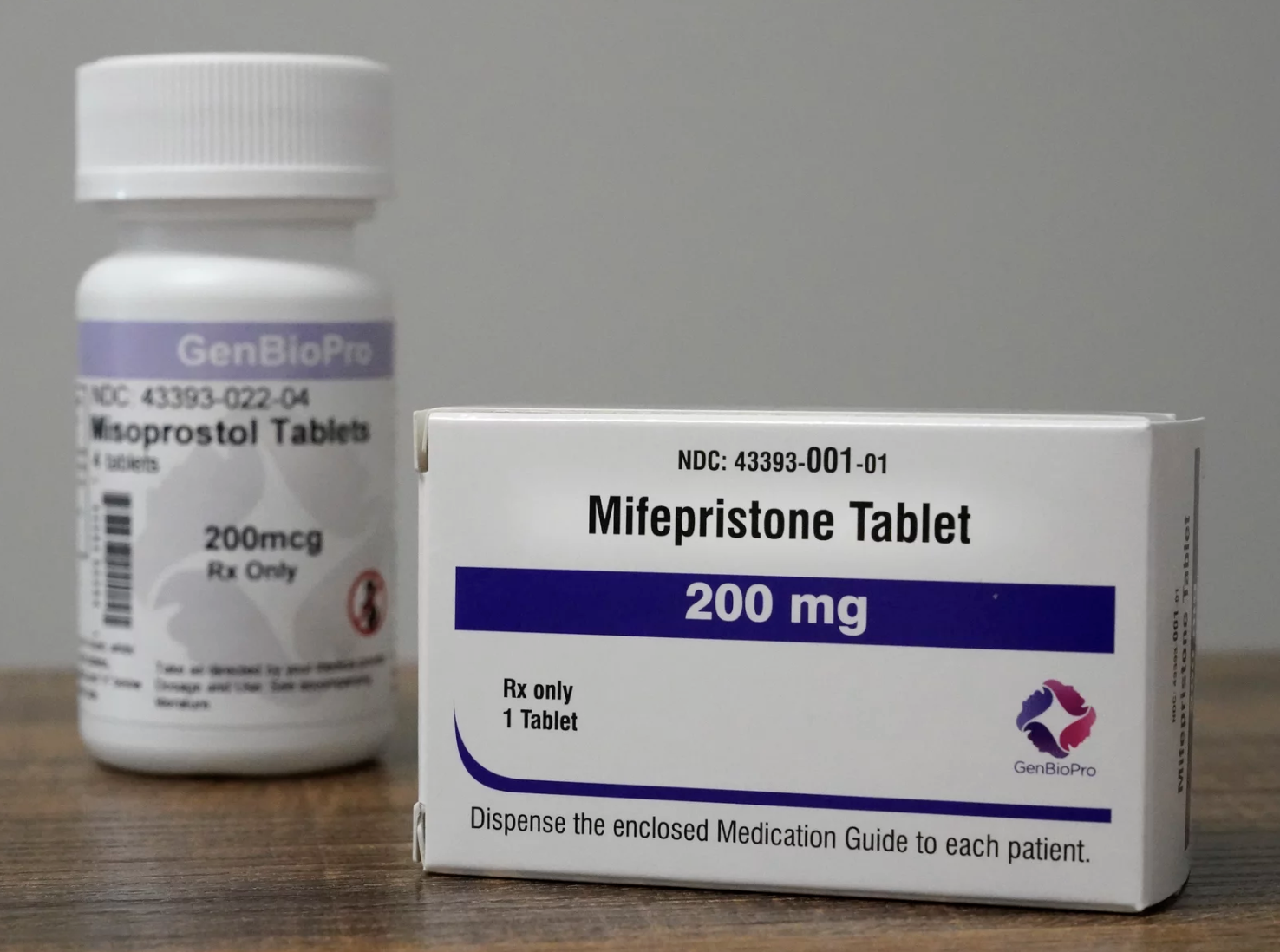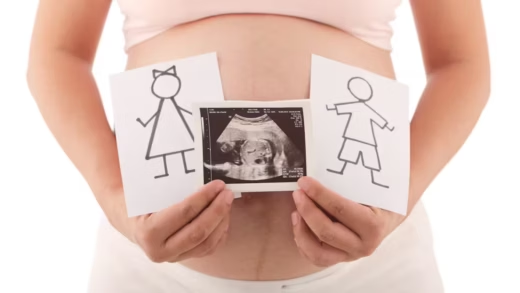By Andrea Martinez

Our Bodies, Ourselves – Andrea Martinez
Clip 1: Hello everybody, especially the SWG students of Smith College. My name is Andrea Martinez and I will be talking to you all about the women’s health booklet Our Bodies, Ourselves, written by the Boston Women’s Health Book Collective.
Clip 2: I’ll start with just a brief introduction about the Boston Women’s Health Book Collective: Born out of the peak of the feminist movement in Boston in 1969, the Boston Women’s Health Book Collective was a non-profit women’s activism group dedicated to helping women take charge of their bodies and their health through the accessible form of a booklet, which they titled Our Bodies, Ourselves.
Clip 3: Now, I’ll just say a few things regarding the Our Bodies, Ourselves booklet and why it’s important before really diving into the making of the organization and the contents of the booklet: This booklet, originally published in 1970, centers on information about women’s reproductive health and sexuality, since women at the time were discouraged from asking questions on such topics and were dependent on the input of their male doctors. This book encouraged women to have a say in their own health process and educated women on subjects such as reproduction, birth control, abortion, sexual violence, as well as navigating the male-dominated medical world.
Clip 4: Alright, now it’s time to really get into the topic of the Boston Women’s Health Book Collective. So, as I mentioned previously, the Collective was a non-profit women’s activism group dedicated to helping women take charge of their bodies and their health. Per ourbodiesourselves.org, in May of 1969, a group of women congregated during a female liberation conference at Emmanuel College, where any women who were “interested in the liberation of the female [were] urged to attend as much of this conference as possible.”
Clip 5: The conference included various workshops and films dedicated to spreading feminist ideology, including the workshop titled “Women and Their Bodies.” This is where women got together to share their experiences in doctor’s offices with primarily male doctors, especially their experiences regarding how little they really knew about their bodies. These common experiences lead to the formation of the Doctor’s Group, where these women aimed to learn more about their bodies, their health, their sexuality, their relationships, abortion and much more: typically, they discussed topics that were condemned in society, and some topics were even illegal.
Clip 6: These women decided to compile all of their findings together into a 75¢, 193-page booklet originally titled “Women and Their Bodies,” aiming to, according to ourbodiesourselves.org, “put their knowledge into an accessible format that could be shared and would serve as a model for women to learn about themselves, communicate their findings with doctors, and challenge the medical establishment to change and improve the care that women receive.”
Clip 7: In 1971, the group decided to change the title of the booklet to “Our Bodies, Ourselves,” to represent the fight for women to take back the ownership of their bodies and the right to make decisions regarding their health. The booklet became a success, according to Jackie Abramian’s article “Iconic Book ‘Our Bodies Ourselves’ Goes Digital” in Ms. Magazine, selling over 200,000 copies and being translated into 34 languages.
Clip 8: This popularity ultimately led to the group formally gathering as the Boston Women’s Health Book Collective in 1972. In this year, the Collective aimed to reach a much wider audience so they decided to negotiate a publishing contract with Simon & Schuster, which included a “70 percent clinic discount for low-income women and provision for a U.S. Spanish translation.”
Clip 9: Alongside the reaction of the booklet, the Collective also hosted courses on women’s health to the Women’s Liberation Movement in Boston, according to Rainey Horwitz in “Boston Women’s Health Book Collective, later Our Bodies Ourselves (1969–)” in Embryo Project Encyclopedia. During the courses, the organization gave presentations and answered women’s health related questions from the participants, debunking myths and concerns regarding women’s health.
Clip 10: Members of the Collective would also respond to hundreds of requests for information, referrals and contacts from women all over the United States and beyond, according to the National Women’s Health Network Records in the Sophia Smith Collection at Smith College. For the next 40 years or so, the organization regularly updated and published the book every four to seven years, according to ourbodiesourselves.org, the most recent update being in 2011, and, as of September 2022, the organization went digital, creating a website titled “Our Bodies Ourselves Today.”
Clip 11: According to Jackie Abramian, the site received over 110,000 views within the first 30 days. Since its start, the Boston Women’s Health Book Collective, now known as Our Bodies, Ourselves, has had a positive impact on women’s rights and the lives of millions of women in the United States and beyond. I will expand on the contents of the booklet itself and its impact right now.
Clip 12: On embryo.asu.edu, Horwitz mentions the major goals and themes that the Boston Women’s Health Book collective wanted to highlight. Firstly, as Horwitz explains, the Collective highlights that “individual experiences told in personal stories are just as important as books and physicians as resources for understanding women’s health and reproductive lives,” meaning that the experiences of women regarding their health and their experiences in male-dominated spaces, such as doctor’s offices, are crucial to our understanding of women’s health, which is why it’s important to educate women about their bodies.
Clip 13: Another major theme highlighted in the booklet is to teach women how to use their knowledge about their bodies and of women’s health to navigate the healthcare system, which is one of the main reasons for the creation of the booklet. Thirdly, the Collective emphasizes the idea that knowledge about one’s body can lead to the prevention and early detection of many health conditions, such as sexually transmitted diseases and complications with pregnancy and reproductive health.
Clip 14: This means that having women be more educated about their bodies can diminish the issue of certain health problems caused by ignorance, since women would be able to recognize symptoms and side effects that would otherwise remain a mystery for women’s health. Lastly, the Collective highlights the theme of women’s physical health being just as important as their mental health, thus ensuring good health overall.
Clip 15: Now, although Our Bodies, Ourselves has had a profound impact on women’s health and the feminist movement, it did receive critism, mainly from men who were against the information that the Collective was making public and other POC women who pointed out that the members of the collective were all cisgender, able-bodied white women.
Clip 16: According to Laura Barton’s article “The clitoris, pain and pap smears: how Our Bodies, Ourselves redefined women’s health” in The Guardian, Our Bodies, Ourselves received some backlash in the 1980s from a conservative attorney named Phyllis Schlafly and a televangelist Jerry Falwell from the conservative Christian movement Moral Majority, who claimed that the booklet was “obscene trash.”
Clip 17: The Collective also received criticism due to the fact that, according to Barton, “the members of the collective’s core group were all white, able-bodied and well educated,” which led to the exclusion of the experiences of POC women, transwomen, and disabled women in the booklet and course. In the later editions of the book, the Our Bodies, Ourselves team sought to be more inclusive through the expansion of their staff and board and with more inclusive content.
Clip 18: And with that, we’ve come to the end of this podcast! So, to conclude, we’ve talked about the Boston Women’s Health Book Collective, now known as Our Bodies, Ourselves Today, how the organization came into creation during the feminist movement in the 1970s, and how their booklet, Our Bodies, Ourselves aided the feminist movement by educating women about their bodies and helped them better navigate the male-dominated medical world so that they wouldn’t have to be completely reliant on their male doctors.
Clip 19: Although it received some criticism, the Our Bodies Ourselves organization has benefited women and led women to take back ownership of their bodies for over 50 years, marking it as a staple in the Reproductive Justice movement. All that being said, I hope everyone enjoyed this podcast; I know I definitely enjoyed making it. Have a great day!
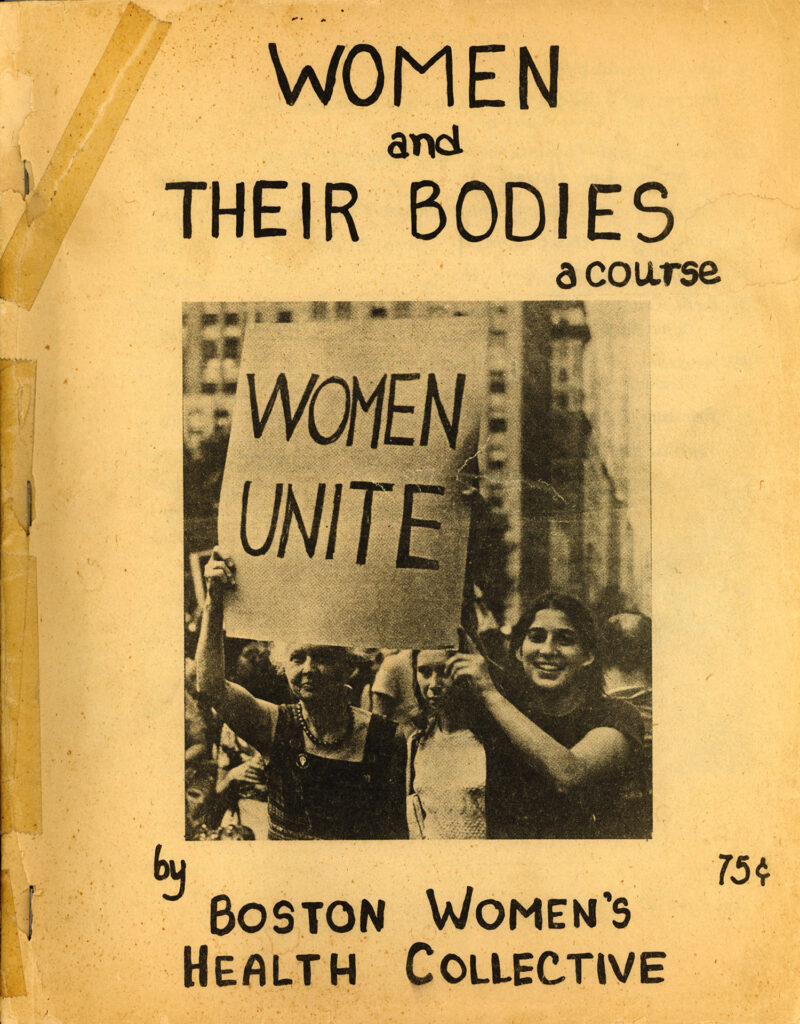
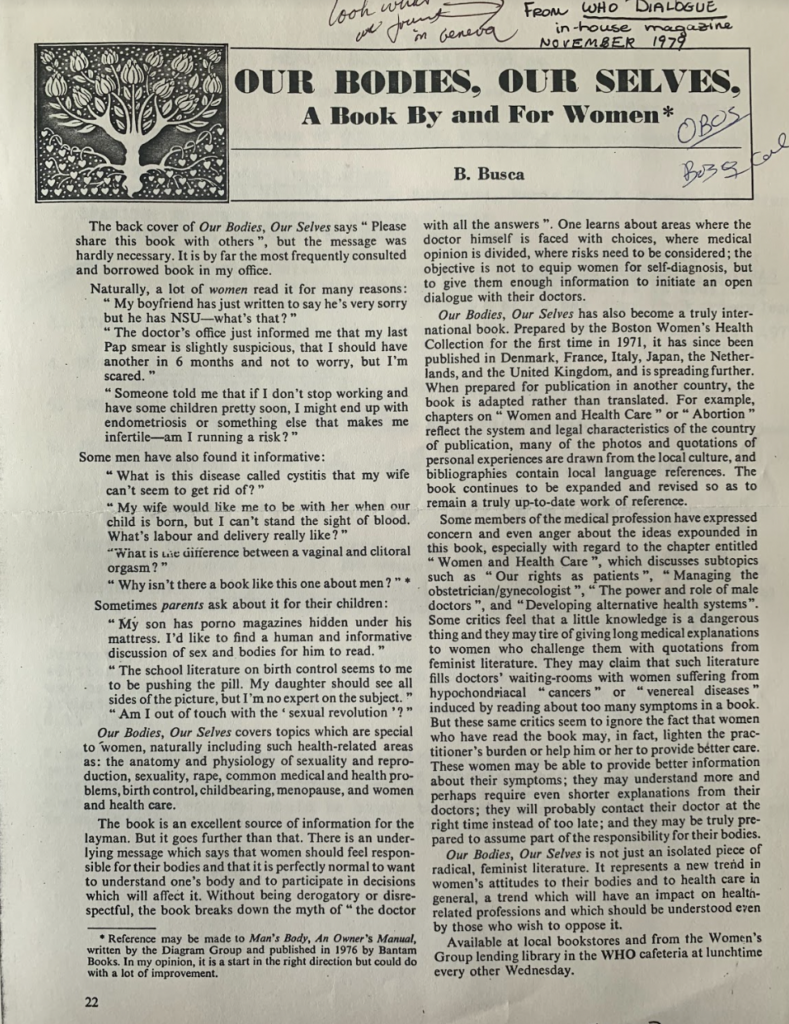
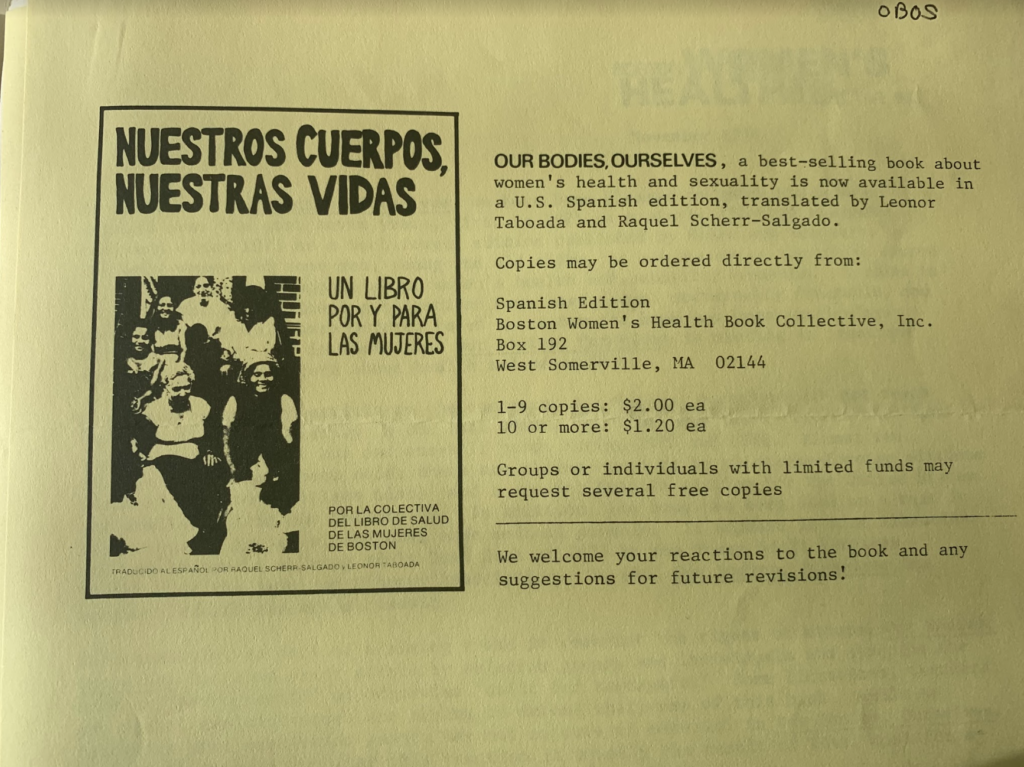
Works Cited
Abramian, Jackie. “Iconic Book ‘Our Bodies Ourselves’ Goes Digital.” Ms. Magazine, October 27, 2022. https://msmagazine.com/2022/10/26/our-bodies-ourselves-sexual-health-abortion-orgasms-vulva-vagina/.
Barton, Laura. “The Clitoris, Pain and Pap Smears: How Our Bodies, Ourselves Redefined Women’s Health.” The Guardian. Guardian News and Media, April 22, 2021. https://www.theguardian.com/lifeandstyle/2021/apr/22/our-bodies-ourselves-clitoris-pain-pap-smears-womens-health.
Horwitz, Rainey, “Boston Women’s Health Book Collective, later Our Bodies Ourselves (1969–)”. Embryo Project Encyclopedia (2019-09-06). ISSN: 1940-5030 http://embryo.asu.edu/handle/10776/13123.
National Women’s Health Network Records, Sophia Smith Collection, Smith College, Northampton, Mass.” https://findingaids.smith.edu/repositories/2/archival_objects/120908
Our Bodies Ourselves Today. “History & Legacy.” Our Bodies Ourselves Today, November 17, 2022. https://www.ourbodiesourselves.org/about-us/our-history/.
